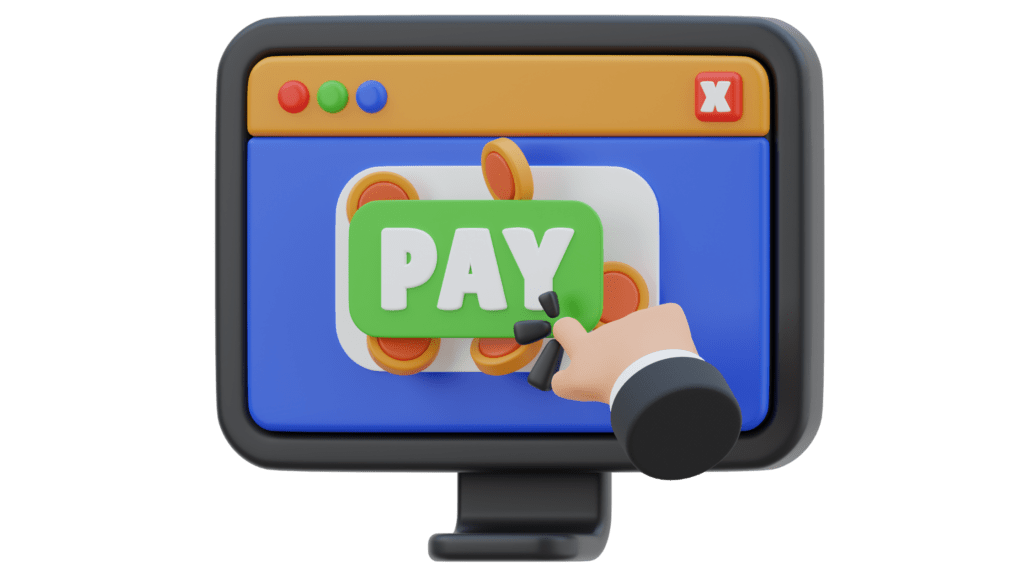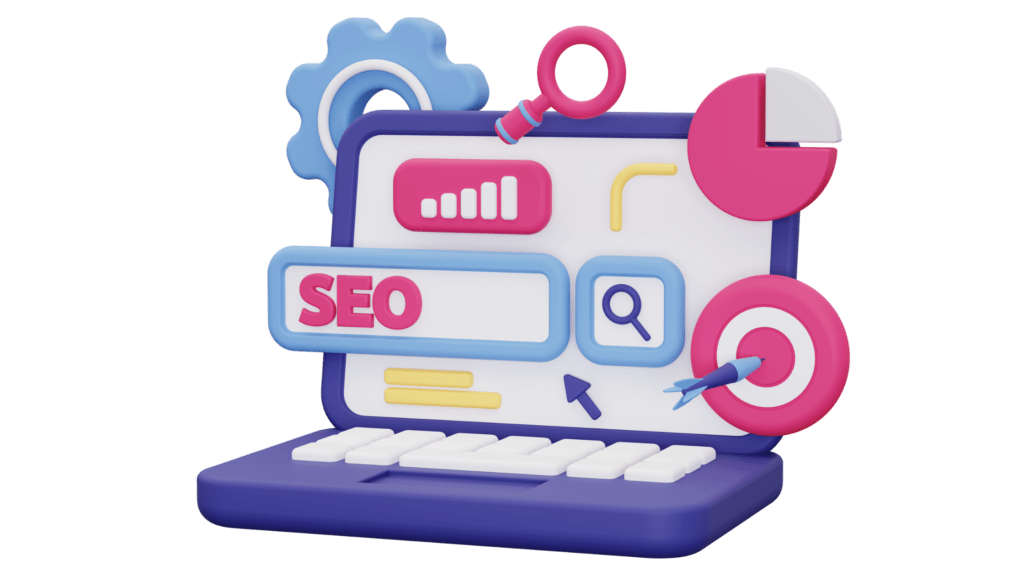In today’s digital age, online visibility is crucial for businesses to succeed. Search Engine Optimization (SEO) and Pay-Per-Click (PPC) advertising are two primary strategies used to increase a website’s ranking and visibility in search engine results. Understanding the differences between SEO and PPC can help businesses make informed decisions about their digital marketing efforts.
SEO: The Organic Approach
SEO involves optimizing a website’s content and structure to improve its natural ranking in search engine results pages (SERPs). This approach is focused on long-term results and requires consistent effort.
Key Benefits of SEO:
- Long-Term Return on Investment (ROI): Once a website ranks high in search results, it can continue to attract organic traffic for many years.
- Increased Credibility: Websites that rank organically are often perceived as more trustworthy and authoritative.
- Improved User Experience: SEO practices often lead to better website structure and navigation, enhancing the user experience.
PPC: The Paid Approach

PPC advertising involves paying for ads to appear at the top of search engine results pages. This approach offers immediate results but requires ongoing investment.
Key Benefits of PPC:
- Quick Results: PPC ads can start appearing in search results almost immediately after a campaign is launched.
- Targeted Advertising: PPC allows businesses to target specific demographics, interests, and keywords.
- Measurable Results: PPC campaigns provide detailed analytics on ad performance, making it easy to track ROI.
Choosing the Right Strategy: SEO vs PPC?
The best strategy for your business depends on various factors, including your budget, goals, and industry. Here’s a breakdown of when to consider SEO or PPC:
SEO:
- Long-term goals: If you’re looking to build a strong online presence over time, SEO is a great option.
- Limited budget: SEO can be a cost-effective strategy in the long run.
- High-quality content: If you can create valuable and informative content, SEO can help you attract organic traffic.
PPC:
- Immediate results: If you need to generate traffic and leads quickly, PPC can be a good choice.
- Targeted campaigns: If you want to reach a specific audience, PPC allows for precise targeting.
- High-competition keywords: PPC can be effective for bidding on competitive keywords that might be difficult to rank organically.
Combining SEO and PPC for Maximum Impact
While SEO and PPC are often seen as competing strategies, they can actually complement each other. By combining SEO and PPC efforts, businesses can achieve even greater results.

Here are some ways to combine SEO and PPC:
- Keyword research: Use keyword research to identify relevant terms for both SEO and PPC campaigns.
- Landing page optimization: Create landing pages that are optimized for both search engines and PPC ads.
- Tracking and analysis: Monitor the performance of both SEO and PPC campaigns to identify areas for improvement.
Conclusion
Both SEO and PPC have their own advantages and disadvantages. The best strategy for your business will depend on your specific needs and goals. By understanding the differences between SEO and PPC, you can make informed decisions about your digital marketing efforts and achieve long-term success.

